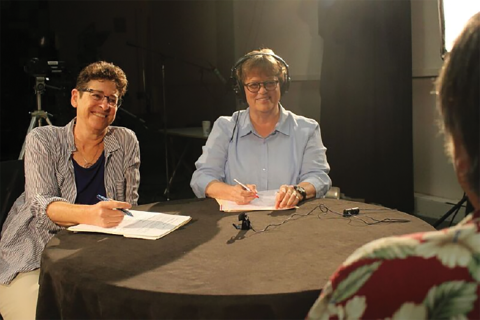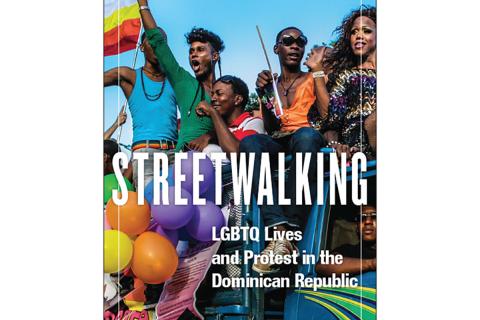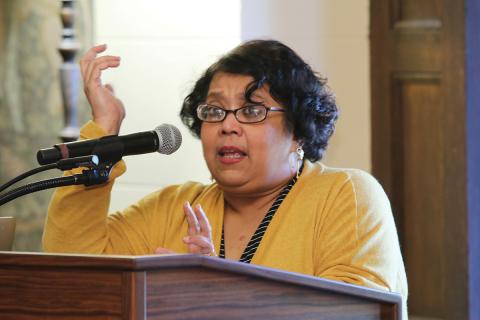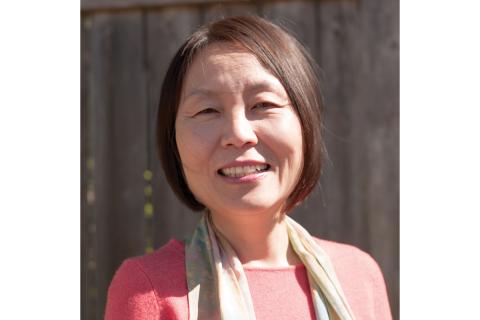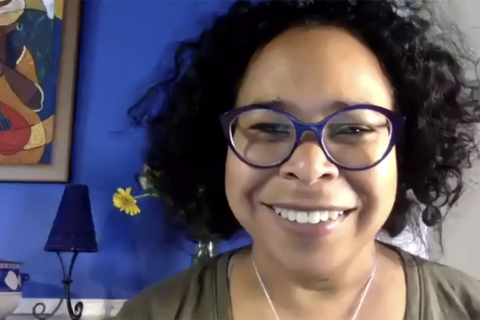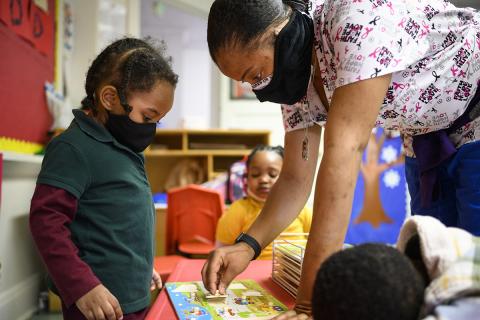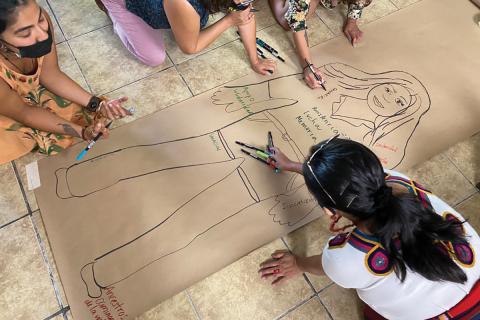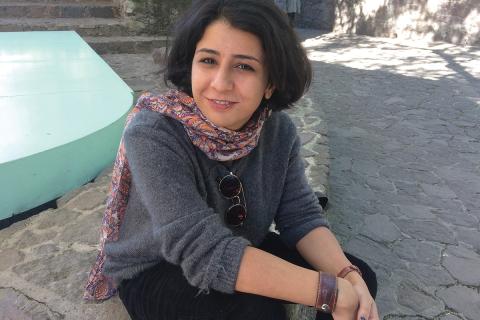
#ForeverEssential: What does it mean to be a low-wage essential worker in the age of COVID-19?
by Lina Stepick, Lola Loustaunau, Larissa Petrucci, and Ellen Scott
Despite the continuing threat of COVID-19, and after token efforts such as “hazard pay” to recognize the threat to frontline workers, life in grocery and other retail stores has returned to a new normal of work during a pandemic. Work continues to be dangerous for “essential workers.”


